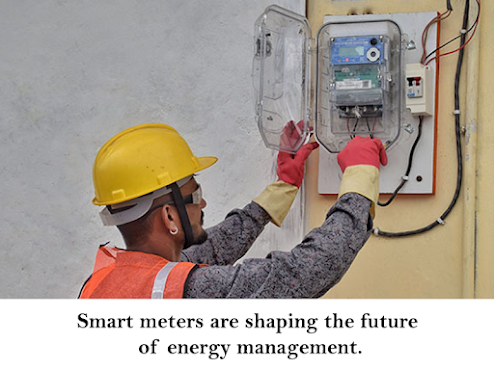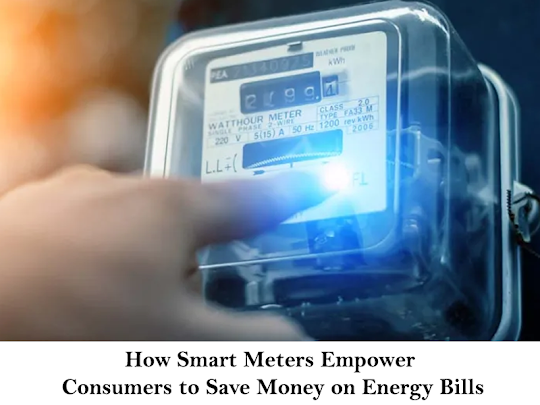Choosing the Right Solar Panels for Your Home or Business
Choosing the right solar panel
The following are some essential considerations when it comes to installing solar panels:
Consider the type of solar panels
Monocrystalline, mono PERC and half-cut cell panels with an efficiency of 21% is preferred. It is crucial to select the right type according to your budget, energy needs and the amount of sunlight you expect to get.
Coefficient of temperature
The temperature coefficient shows the rate at which the power drops as the temperature increases by one degree.
Solar panels have a temperature coefficient of 0 to 0.5%. The higher the power output, the closer the value is to 0. The temperature of the panels is also affected by the installation of solar PV. All solar panels have a temperature rating of 25 degrees Celsius. Lower temperature coefficients mean better performance in hot climates.
Economic point of view
Select a solar panel that is economical. The amount of electrical output a solar panel can generate for the quantity of solar radiation falling on it per square metre is known as its efficiency.
This table provides a clear and concise summary of the calculations and the resulting energy production for the given solar panel.
The quantity of energy generated per unit area will rise as efficiency improves which means reducing electricity bills significantly. If you have limited room for solar panel installation, efficiency is important and it is best to choose a higher efficiency solar panel in this situation.
Solar panels' tolerance
Under normal test circumstances, a solar panel rated at 100 Watts should generate at least 100 Watts. If the panels have a +/- 5% tolerance, it implies that the same panel may produce 105 Watts (acceptable) or even 95 Watts (not sufficient). Ensure that the solar panel's datasheet always includes the phrase "positive tolerance."
Durability and longevity
High-quality panels are built to withstand various weather conditions. Choosing Tier 1 manufacturers with longer warranties ensures longevity and reliability.
Conclusion
To conclude, the team at Innovel Energy Services considers the above points to come up with solar panels that provide an optimal output helping in reducing electricity bills for residents and businesses.



Comments
Post a Comment